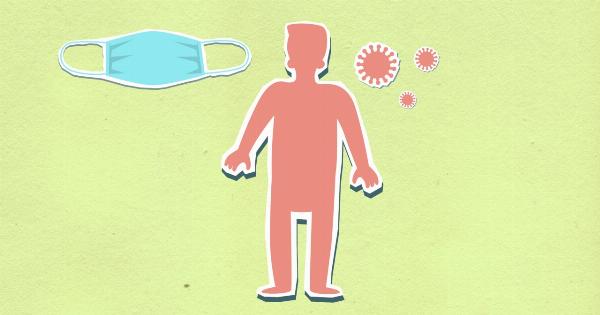Behavioral modification pills have become increasingly popular among women in recent years, with a significant rise in their widespread use.
These pills are designed to alter behavior patterns and habits, aiming to achieve desired changes in an individual’s thoughts, emotions, and actions. While some view these pills as a helpful tool for personal development, others have raised concerns about their potential risks and societal implications.
Understanding the Popularity
The widespread use of behavioral modification pills among women can be attributed to various factors. One primary reason is the increasing societal pressure on women to conform to certain standards of behavior and appearance.
The use of these pills provides women with a seemingly effortless way to achieve the desired changes and fit into societal norms.
Furthermore, the accessibility and convenience of these pills have contributed to their popularity. With the advancements in pharmaceutical research, behavioral modification pills are readily available, both over-the-counter and through prescription.
The ease of access makes it tempting for women to consider these pills as a quick solution to their personal struggles and challenges.
Additionally, the growing trend of self-improvement, wellness, and holistic approaches has fueled the popularity of these pills. Women are constantly bombarded with messages about self-improvement and the need to strive for perfection.
Behavioral modification pills are marketed as a way to facilitate personal growth and overcome obstacles that hinder progress.
The Potential Benefits
Proponents of behavioral modification pills argue that they offer several potential benefits for women.
These pills can help individuals break harmful habits, such as smoking or overeating, by altering the brain’s perception of reward and pleasure. By modifying these underlying mechanisms, the pills create a greater sense of control over one’s actions and behaviors.
Behavioral modification pills also hold promise in treating mental health disorders such as anxiety and depression.
They can regulate neurotransmitter levels and enhance mood stabilization, potentially offering relief to those who struggle with emotional well-being. In certain cases, these pills may help improve focus, concentration, and overall cognitive performance.
Moreover, behavioral modification pills have the potential to empower women and increase their self-confidence. By achieving desired changes in behavior patterns, women may experience a sense of accomplishment and fulfilment.
This, in turn, can positively impact their overall well-being and contribute to a more fulfilling life.
Ethical Concerns
Despite the potential benefits, the widespread use of behavioral modification pills for women has raised ethical concerns.
One significant concern is the pressure to conform to societal expectations of behavior, which can lead to the suppression of individuality and genuine self-expression. Critics argue that these pills perpetuate an unrealistic standard of perfection and undermine the importance of diversity and authenticity.
Another ethical concern centers around the potential risks and side effects of these pills. As with any medication, behavioral modification pills have the potential for adverse reactions and unintended consequences.
The long-term effects of altering brain chemistry through medication are still not fully understood, raising concerns about the potential for unforeseen complications.
Additionally, the reliance on pills to modify behavior may discourage individuals from exploring alternative, non-pharmacological approaches.
Counseling, therapy, and lifestyle changes are often effective methods for behavior modification, but they require more effort and commitment. The ease and convenience of behavioral modification pills can deter individuals from pursuing these alternative paths.
Conclusion
As the widespread use of behavioral modification pills for women continues to grow, it is crucial to address both the benefits and ethical concerns associated with these medications.
While they may offer potential advantages in breaking harmful habits and improving mental health, it is essential to question the societal pressures that promote their use and the potential risks involved. Striking a balance between personal growth and maintaining individuality is crucial as we navigate the complex landscape of behavioral modification pills.






























